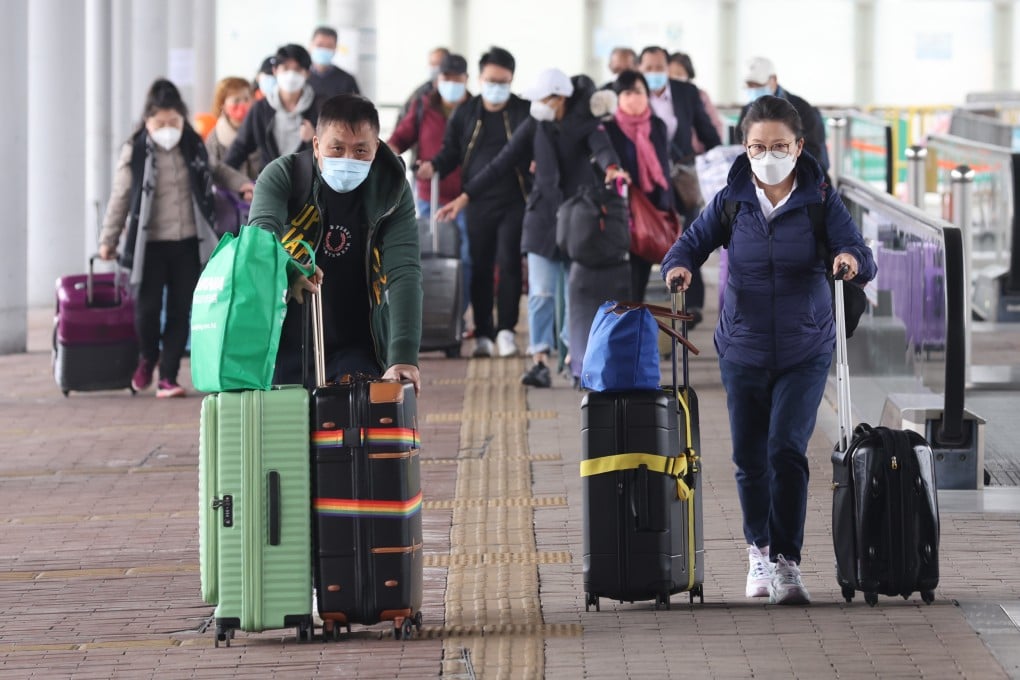Opinion | As Shenzhen quarantine scalping shows, regional integration is easier said than done
- All throughout the Greater Bay Area, disparate ways of doing things and different expectations of how life works raise challenges for deeper integration
- Hard work and open minds are necessary, as Hong Kong seeks to participate in the Greater Bay Area

With the new administration in place, Hong Kong has begun tackling its most pressing issues with renewed vigour. Participation in the Greater Bay Area, undoubtedly the most significant factor in the city’s near-term development, will again be a matter of urgency.
The Greater Bay Area is, at its core, a regional integration project. On a technical level, it implies a harmonisation of business and governance practices, which throws up a number of challenges because the accepted ways of doing things can diverge across the region.
One doesn’t have to be a business tycoon to have experienced this; countless people have been kept apart from their families and friends in Guangdong during the pandemic, for example, and those who have considered making the trip across the border would probably have encountered scalper bots.
For its part, the Shenzhen government has only recently indicated it will improve the system and combat speculation, even though complaints have been circulating on internet forums for at least six months. On the mainland, scalper bots have long been a fact of life, especially when it comes to securing anything in scarce supply, from hospital appointments to train tickets for the Lunar New Year trip home.

